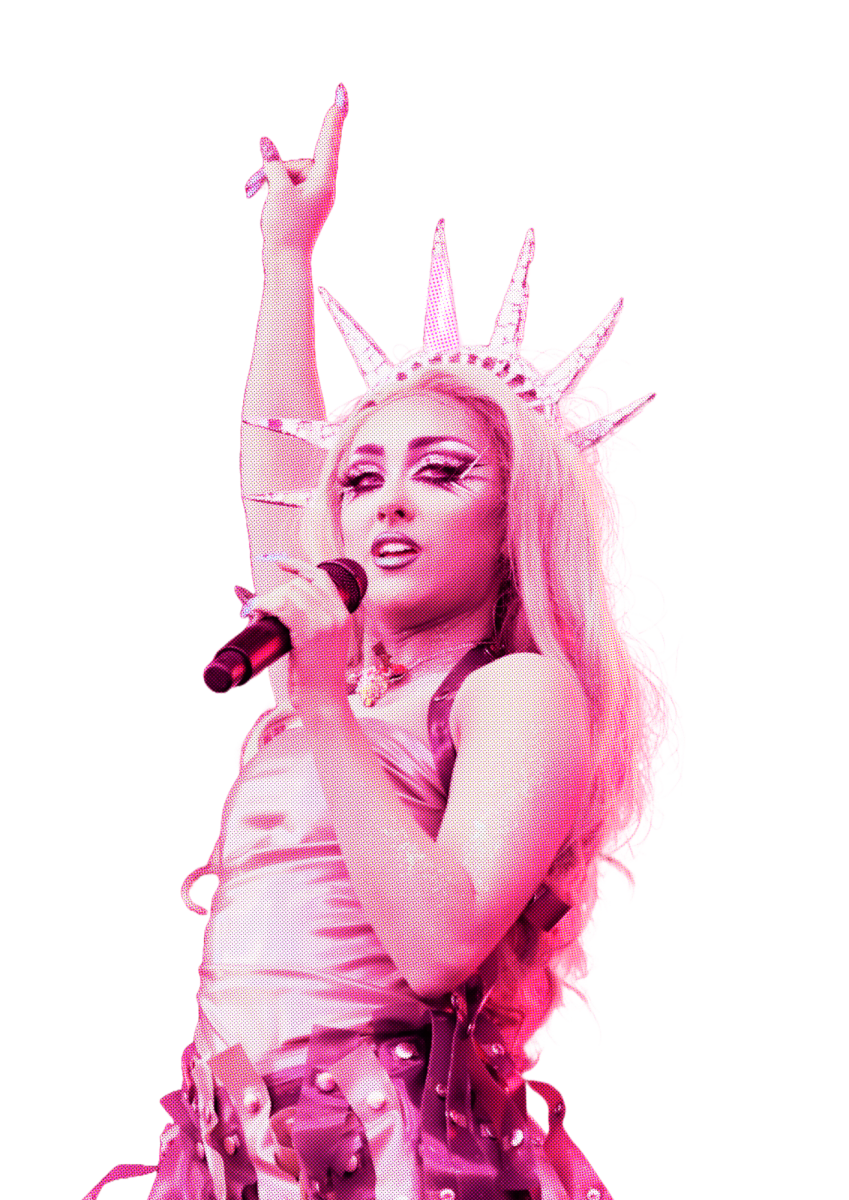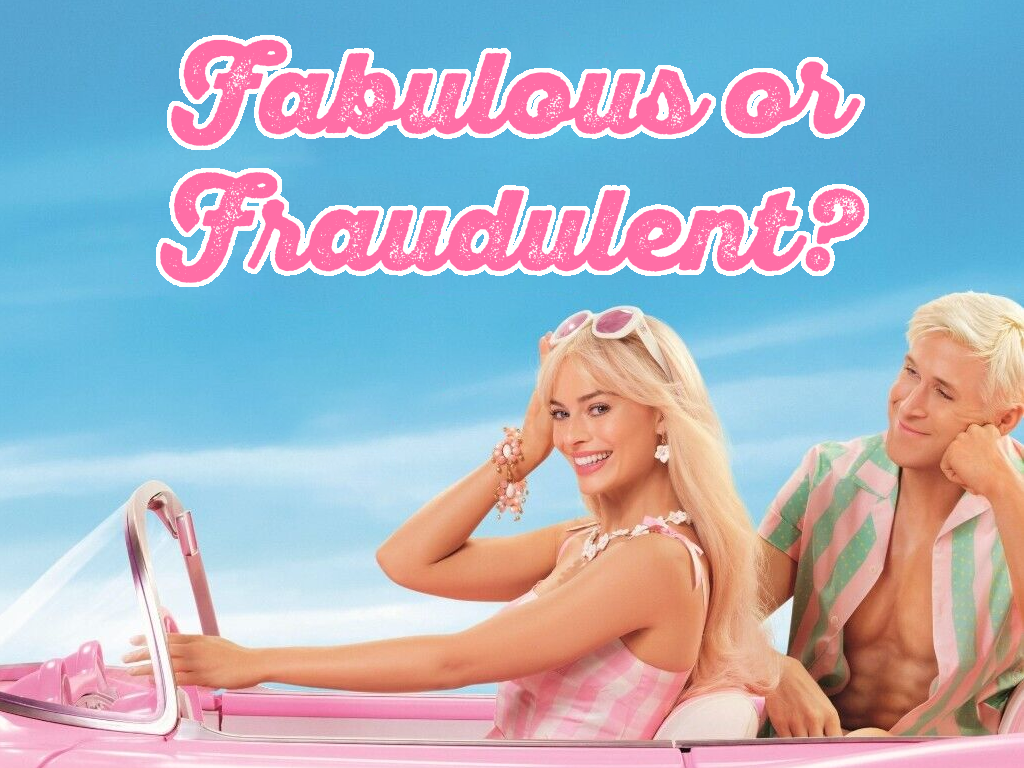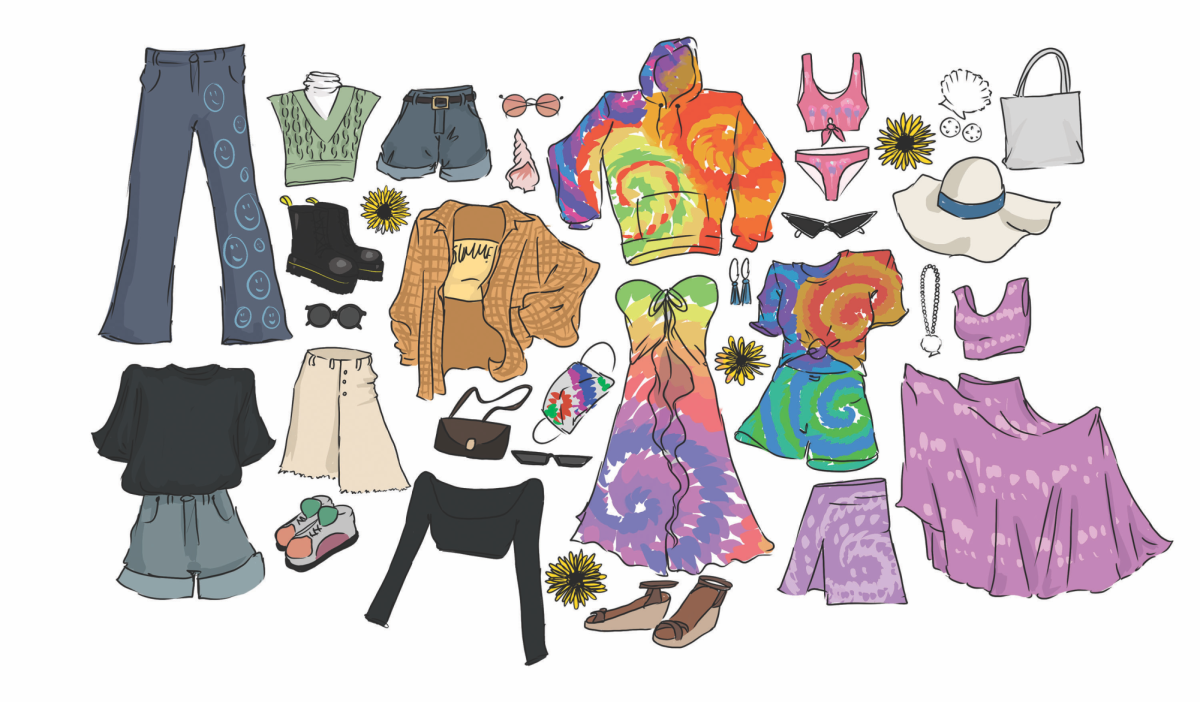Entertaining, artistic, and complex are just a few of the words Laguna’s students used to describe the 2023 summer blockbuster, “Barbie.” Thanks to Barbies extensive history the movie caught the eyes of what seemed like the entire world.
While Mattel has never been one to shy away from unrealistic body standards, they really took it one step further when they debuted “Slumber Party Barbie” who came equipped with a pink scale and a diet book with a singular phrase: “DON’T EAT!”
Nearly 50 years later, Mattel released a new line of Barbies with different unique body shapes, they even proclaimed themselves as “The Most Diverse Doll Line.” Despite the rebranding, nobody could deny the beauty standards that Barbie ingrained into young children.
A box office smash and critical darling, 2023’s “Barbie” is beyond popular, queen of the world. The film needed to address the controversy, and Gerwig chose to do so head-on.
“You represent everything wrong in our culture, sexualized capitalism, unrealistic physical ideals” a character yells, “[Barbie] set the feminist movement back 50 years.”
Gerwig in no way disputes these critiques, instead running with them. Barbie initially represents the feminine ideal: skinny, happy, and plastic. She is perfect in every way, until she isn’t. Gerwig chooses to subvert this ideal by making Barbie a “real girl,” dealing with depression, cellulite, and the perils of aging.
This story is the emotional core of the film, and its main feminist message. Over the course of the movie “Barbie” is forced to come to terms with the fact that feminine perfection is unattainable, initially reacting with anger before coming to terms and accepting our messy reality.
The “B” plot of the movie is very different, following Ken as he discovers the wonders of the patriarchy. Misunderstanding the patriarchy on a conceptual level, Ken turns Barbie World into a macho-horse-filled hellscape via brainwashing other Barbies. The movie culminates (spoiler) with the Barbies using the Ken’s jealousy against each other, using the power of being their long-term-low-commitment-distance-girlfriends.
Critical reactions to this story are incredibly disparate; some, like AP Lang Teacher Victoria Dryden, argue that it was unsuccessful.
“I think it amplified [the] superficiality that’s put on women and looks in society… specifically that one scene where they’re all listening to the guitars, and so they’re trying to win back their power through seducing men and using using their ‘female wiles’, to me that’s pathetic… [It reinforces] the idea that that’s how women are powerful.”
Regardless of the film’s messages, a lot of appeal—especially for teenage fans—is the comedic element.
Senior Amelie Dalporto notes, “While it did have a lot of important social commentary about women’s roles and feminism… there was a lot of irony.”
Gerwig satirizes both masculine and feminine ideals, portraying masculinity as compensation borne of insecurity. Ken isn’t the brightest, but feels responsible to be powerful and in charge, dismissing the ideas of others to do so. He doesn’t just want to be the best—he has to be.
Barbie, on the other hand, seeks a different kind of perfection. She longs to be pretty, perfect, and pink.
These contrasting desires offer the majority of the film’s comedy, laughing at the absurdity of these concepts. Although the film has its controversies, there is no doubt that this blockbuster will change the discussion around feminism and Barbie herself.










































